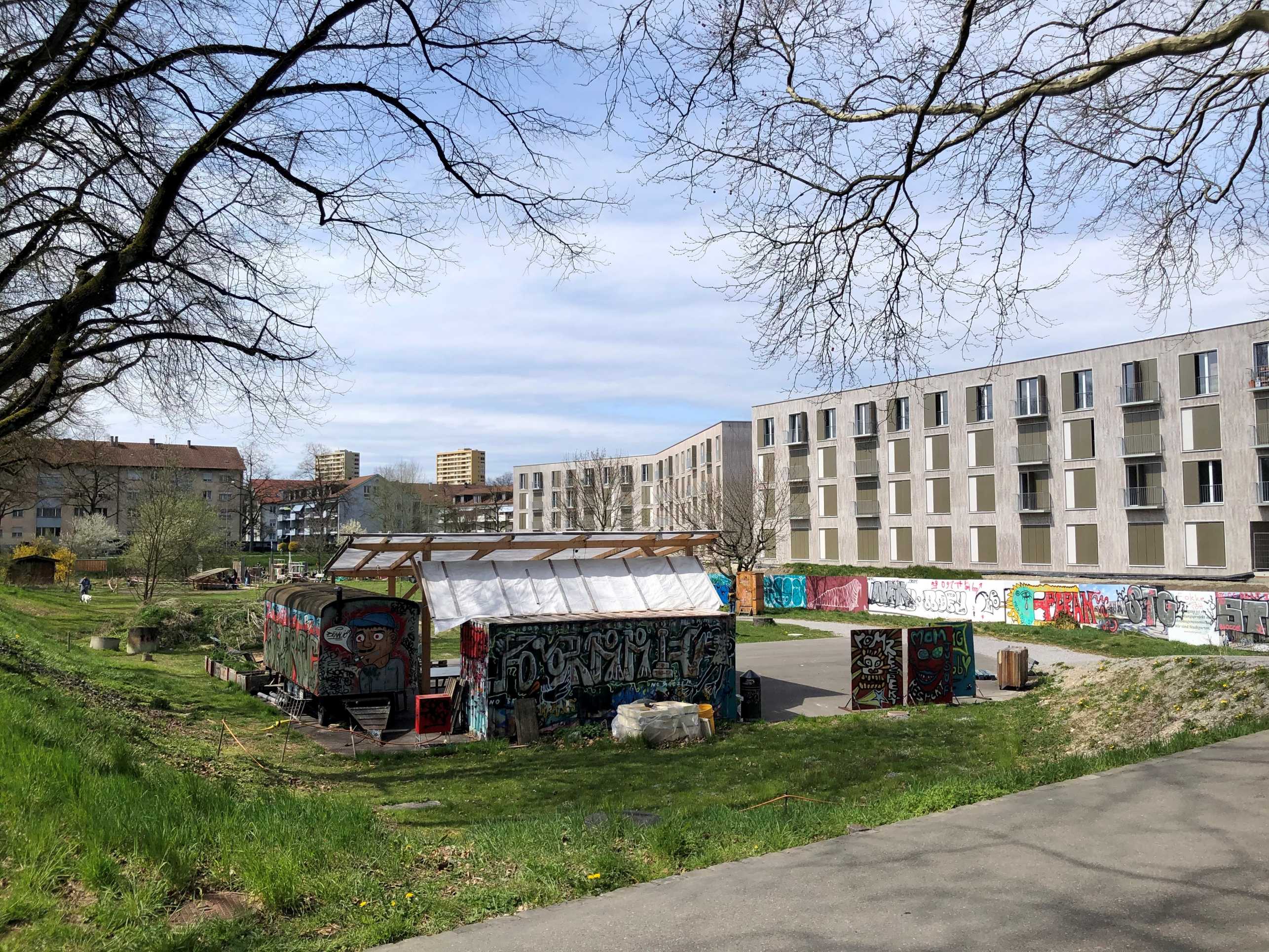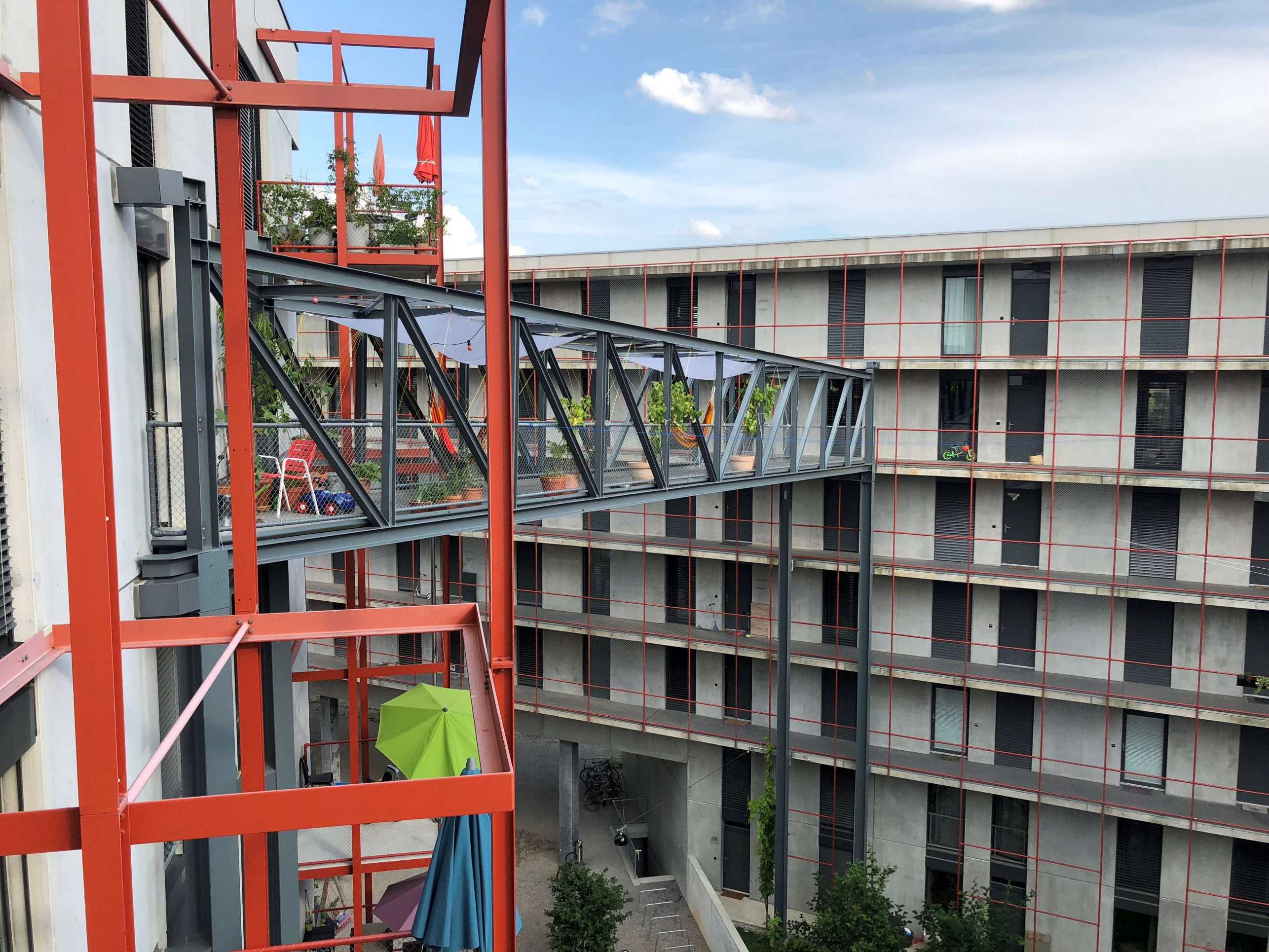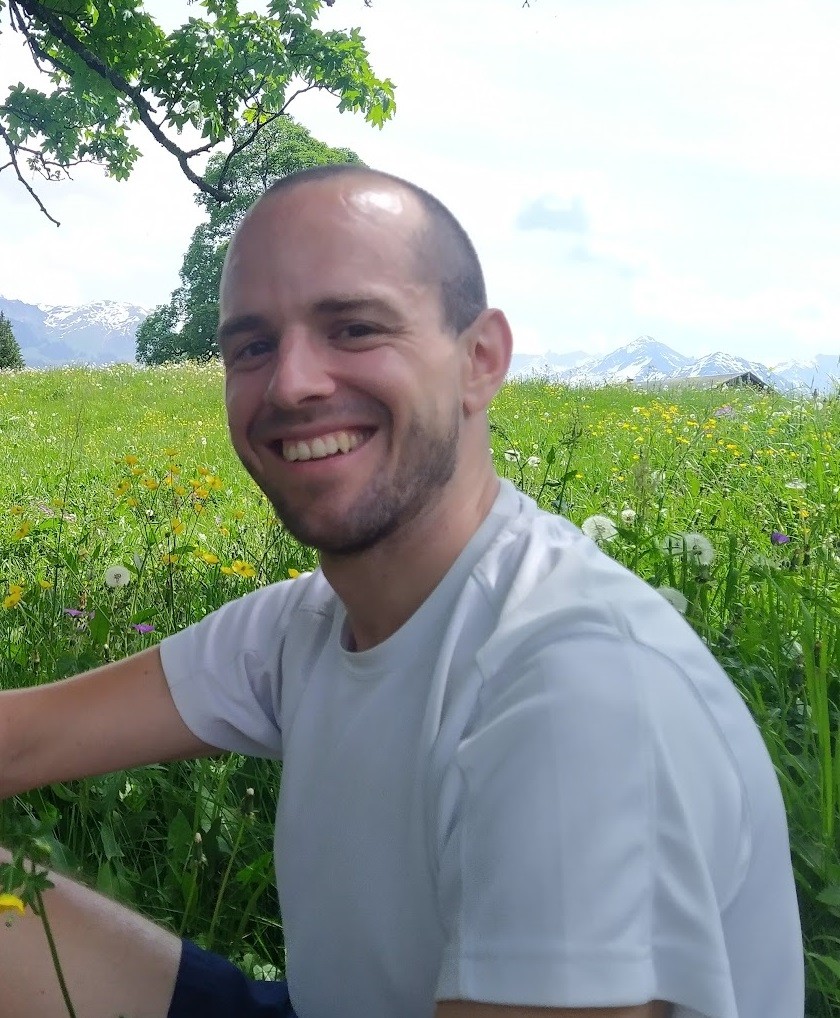White Paper: Public Acceptance and Policy for Green and Affordable Densification
Swiss urban and agglomeration settlements are facing multifaceted challenges of housing densification against the backdrop of limited land for development, high housing demand, rising rents, and a strong direct democratic political system. This white paper dissects the nuances of the Swiss housing dilemma by focusing on the perspectives and opinions of residents based on survey experiments from a panel study conducted in 2023. Initial findings indicate that public acceptance is intricately linked to how and by whom densification is implemented as well as its alignment with broader environmental and social outcomes. The research findings are then integrated in policy recommendations targeted to the contexts of four types of Swiss cities. This White Paper is part of the SNF project «Densifying Switzerland: Acceptance and Public Support for Densification Projects in Swiss Cities».
White Paper
Switzerland’s urban and agglomeration settlements are facing multifaceted challenges of housing densification against the backdrop of limited land for development, high housing demand, rising rents, and a strong direct democratic political system. This white paper dissects the nuances of the Swiss housing dilemma by focusing on the perspectives and opinions of residents based on survey experiments from a panel study conducted in 2023. Our methodological approach gauges housing densification acceptance and analyzes temporal shifts in attitudes following intensified discussions around Swiss housing development between spring and fall 2023. The intensified Swiss public and media debate about housing point to the need for a more informed and evidence-based approach about public opinion of and policy for housing development.
Initial findings indicate that public acceptance is intricately linked to how and by whom densification is implemented as well as its alignment with broader environmental and social outcomes. Our research underscores the importance of not just building more but building right—promoting housing (re)developments that resonate with societal aspirations (affordability) and environmental imperatives (presence of green spaces). The research thus demonstrates that densification is accepted when it directly contributes to affordable and environmentally friendly cities, meaning that the process helps to achieve green and affordable cities. We then integrate these research findings in policy recommendations promoting eco-socially sustainable densification that are targeted to the contexts of four types of Swiss cities.
Full White Paper: external page http://hdl.handle.net/20.500.11850/658390
Contact: Michael Wicki,


The Research Project
This White Paper is part of the SNF project «Densifying Switzerland: Acceptance and Public Support for Densification Projects in Swiss Cities». We apply a mixed-method research design to systematically study acceptance and support for densification in all 162 Swiss statistical cities (ten cities with more than 50’000 inhabitants and 152 small and medium-sized towns with between 5’000-50’000 inhabitants). The research project integrates experimental survey research as well as the statistical analysis of observational data on real world spatial planning projects at local ballots. The survey will draw on a representative sample from the 162 Swiss statistical cities to examine the acceptance of different densification scenarios. The observational analysis will be based on an intense data collection effort that includes all local ballots on spatial planning issues in the 162 Swiss statistical cities between June 2002 and the end 2020. The focus lies on individual and project-related factors as well as political instruments such as ancillary planning policies (such as inclusionary zoning, rent control, or value capture) and participatory instruments. The latter two allow us to examine whether local governments and local planners have options at their disposal to enhance the democratic and societal acceptance of densification.
You find more information on the project here.
Weitere Publikationen zum Thema
- Debrunner, G. (2024): The Business of Densification. Governing Land for Social Sustainability in Housing. Springer Nature/Palgrave Macmillan: London. external page https://doi.org/10.1007/978-3-031-49014-9
- Debrunner, G., Hartmann, T. (2020). Strategic Use of Land Policy Instruments for Affordable Housing – Coping with Social Challenges under Scarce Land Conditions in Swiss Cities, Land Use Policy, 99. external page https://doi.org/10.1016/j.landusepol.2020.104993
- Debrunner, G., Hengstermann, A., Gerber, J.D. (2020). The Business of Densification – Distribution of Power, Wealth, and Inequality in Swiss Policy Making, Town Planning Review, 91(3), 259-281. external page https://doi.org/10.3828/tpr.2020.15
- Debrunner, G., Hofer, K., Wicki, M., Kauer, F., & Kaufmann, D. (2024). Housing Precarity in Six European and North American Cities: Threatened by the Loss of a Safe, Stable, and Affordable Home. Journal of the American Planning Association, 1-17. external page https://doi.org/10.1080/01944363.2023.2291148
- Debrunner, G. & Kaufmann, D. (2023): Land Valuation in Densifying Cities: The Negotiation Process Between Institutional Landowners and Municipal Planning Authorities, Land Use Policy, external page https://doi.org/10.1016/j.landusepol.2023.106813
- Debrunner, G., Jonkman, A., Gerber, J.D. (2022), Planning for Social Sustainability. Mechanisms of Social Exclusion in Densification through Large-Scale Redevelopment Projects in Swiss Cities, Housing Studies. external page https://doi.org/10.1080/02673037.2022.2033174
- Kauer, F., Hofer, K., Wicki, M., & Kaufmann, D. (2021). Survey Data of the Housing Situation in Six Global Metropolises. ETH Zurich. external page https://doi.org/10.3929/ethz-b-000514013
- Kaufmann D., Lutz E., Kauer F., Wehr M., Wicki M. (2023). Erkenntnisse zum aktuellen Wohnungsnotstand: Bautätigkeit, Verdrängung und Akzeptanz. Bericht ETH Zürich 2023, external page https://doi.org/10.3929/ethz-b-000603229
- Lutz E., Kauer F., Kaufmann D. (2023). Mehr Wohnraum für alle? Bericht ETH Zürich 2023, external page https://doi.org/10.3929/ethz-b-000603242
- Wicki, M., Hofer, K., & Kaufmann, D. (2022). Planning instruments enhance the acceptance of urban densification. Proceedings of the National Academy of Sciences, 119(38), e2201780119. external page https://doi.org/10.1073/pnas.2201780119
- Wicki, M., Robitschek, E., & Kaufmann, D. (2023). Nuancing Conjoint Experiments: Using Natural Language Processing to Analyze Decision-Reasoning. external page https://doi.org/10.3929/ethz-b-000649250
- Wicki, M., & Kaufmann, D. (2022). Accepting and resisting densification: The importance of project-related factors and the contextualizing role of neighbourhoods. Landscape and Urban Planning, 220, 104350. external page https://doi.org/10.1016/j.landurbplan.2021.104350
Team Members
Deputy head of Inst Spatial and Landscape Development
Raumentwicklung und Stadtpolitik
Stefano-Franscini-Platz 5
8093
Zürich
Switzerland

Inst. f. Raum- u. Landschaftsentw.
Stefano-Franscini-Platz 5
8093
Zürich
Switzerland

Raumentwicklung und Stadtpolitik
Stefano-Franscini-Platz 5
8093
Zürich
Switzerland
Raumentwicklung und Stadtpolitik
Stefano-Franscini-Platz 5
8093
Zürich
Switzerland
